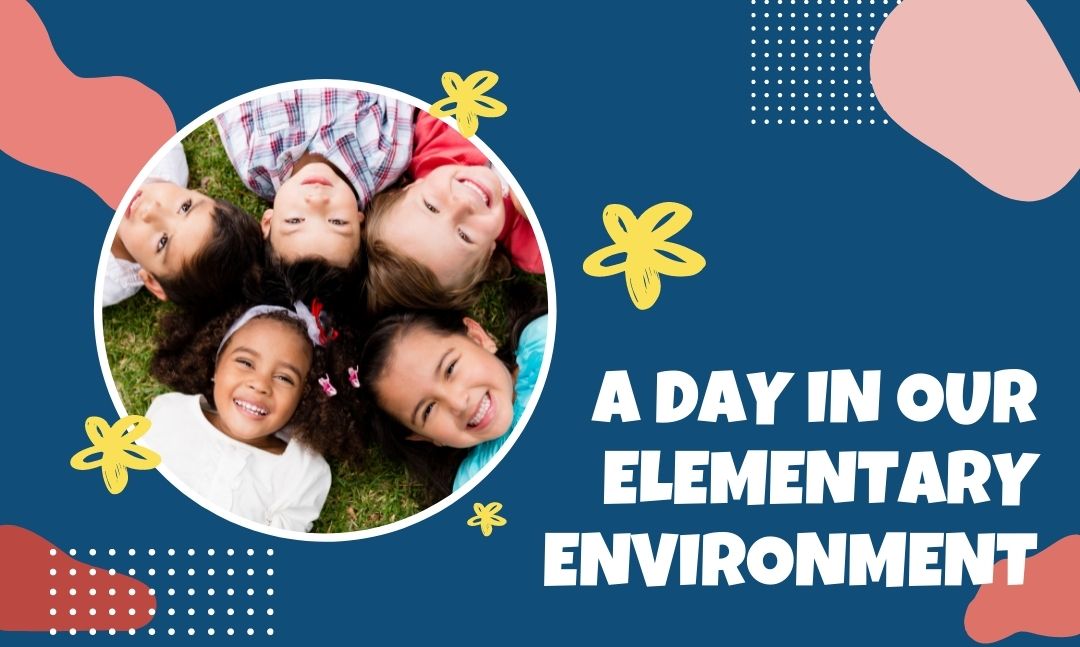In 1916, Dr. Maria Montessori shifted her focus from the infancy plane of development (0 to 6 years old) to childhood (6 to 12 years old). In this plane of development, Dr. Montessori focused on the elaboration of mind and personality. During childhood, the main questions asked are “why,” “when” and “how,” with characteristics and milestones including losing teeth, sense of adventure and “hero” worship. This time has the greatest potential for intellectual development.
At MMS, we’ve adapted these teachings to create a welcoming environment for 6 to 12 year olds that sparks creativity, instills a love for learning and sets our students up for success.
The breakdown of the elementary environment
Students will master our toddler and primary environments before transitioning to the elementary environment. Elementary students move at their own pace while learning about language and communication, geography, science, history, mathematics and geometry, the environment and conflict resolution. Guides assist students through a personalized curriculum with the goal of creating lifelong learners and independent thinkers and doers striving to understand the world around them.
A look at elementary curriculum
Dr. Maria Montessori developed a set of benchmarks for elementary-age students, called the “cosmic curriculum,” that focuses on self-care and fine motor skills to help them grow as members of the community and develop interest in the outside world. At MMS, elementary curriculum focuses on physical, emotional and intellectual learning.
Physical objectives:
Growing physically is just as important as growing intellectually. Students work to master and control fine motor skills for writing and material manipulation. Additionally, outdoor activities are encouraged as they work to develop athletic abilities to carry them through life.
Emotional objectives:
Guides assist students in fostering a positive, confident self image and an awareness of their own feelings and the feelings of others, while understanding their personal contribution to the common good. Classroom activities also include tasks that teach responsibility, organization and time management.
Intellectual objectives:
Students begin a deep dive into the academic world by exploring reading, writing, mathematics and other subjects in line with the Five Great Lessons – The Story of the Universe, The Story of Life, The Story of Humans, The Story of Math and The Story of Language. Guides work to instill a passion for lifelong learning and understanding.
Interested in learning more about our elementary environment? Schedule a visit today! We’d love to welcome
you to campus to see firsthand what MMS is all about.

